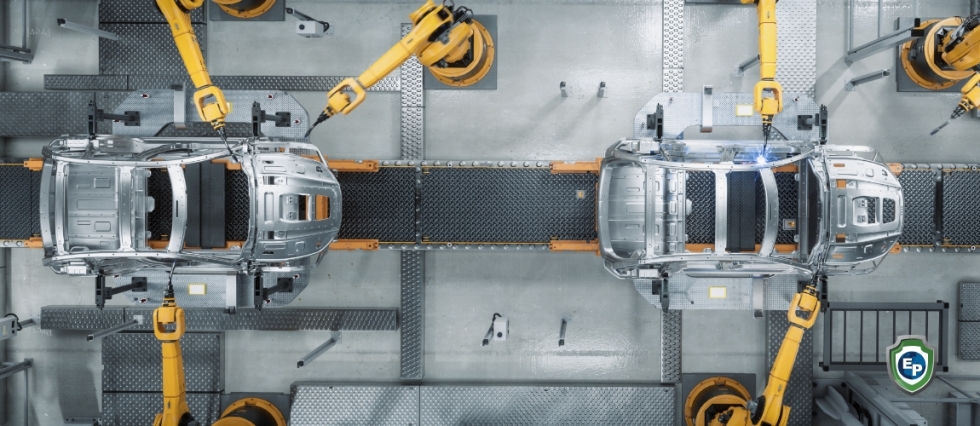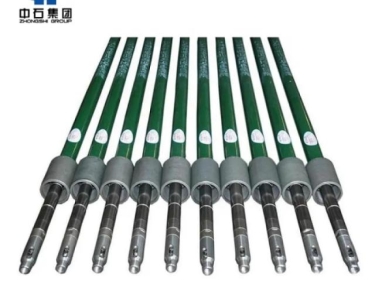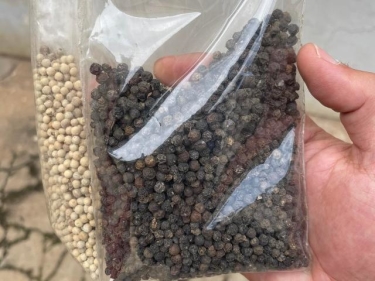Indian Car Makers Propose Tax Cut on Imports in Trade Deal With Britain
The Indian auto industry today proposed a tax cut on exports to Britain and the EU in an effort to benefit its struggling economy as it seeks a new trade deal with Britain post-Brexit.

Indian car makers are proposing that their government reduce the tax rate for imported British cars to 30 percent. The tax rate for imported British vehicles is one of the sticking points in free trade negotiations between India and Britain. Trade between the two nations is GBP 24.3 billion a year, and they hope the trade agreement will enable them to double it by 2030.
Highly protected automobile market
India is the world's fourth-largest car market, but it also has some of the highest import barriers, with a 60-100 percent tax rate. The Society of Indian Automobile Manufacturers (SIAM), a lobby group, is asking its government to reduce the tax rate for imported British cars to 30 percent over ten years. The first five years will be a grace period with no reduction, and then the cuts will happen over the following five years.
It's a major concession to finalize trade negotiations between the two nations. The lobby group hopes the preemptive move will prevent the government from making unilateral and potentially more significant concessions to get a deal.
In the past, Indian car makers favored high trade barriers to bolster their position in the local market. But there is a concern that reducing trade barriers for British car makers to enter the Indian market could set a precedent and make negotiations with other car-making nations, like European Union (EU), Japan, or South Korea, challenging.

India's rising prominence in global supply chains
India is trying to gain a better foothold in global supply chains. It sees an opportunity in companies that are looking for alternatives to China. Chinese labor is becoming more expensive, seeking to nurture higher-value industries and ween itself from the "world's factory" moniker to become a more developed nation. There is also growing hostility between China and the West, which concerns global companies that have their supply chains heavily linked to China.
Both parties wanted to sign the deal by Diwali or the end of October, but there have been delays. The delays are due to sticking points like the tax rate on cars, scotch whiskey, steel, and visas for Indian businesspeople and students. The short tenure of Liz Truss and the installation of a new prime minister also scuttled talks.
Stay in the Loop with Export Portal
To find out more about how you can successfully trade at an international level and build your export and import website, make sure to check out Export Portal’s Blog Page!


















Comments 1